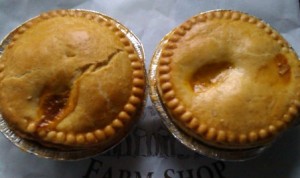Address
39 Fen End Lane.
Spalding, Lincs. PE12 6AD.
So we are happy to patiently wait for two marshmallows, but how do we go about selecting our investments?
You might think one obvious place to look for guidance is the study of economics and the 2013 Nobel memorial prize for economics has just been awarded to three economists studying just this problem – how do markets work and what does this mean for investing?
But they don’t agree – two economists get the prize for initially proving markets are efficient and one for proving that they aren’t. How can that be?
The BBC has a good article that explains the problem – it is part written by Tim Harford, who also writes as the Financial Times’ undercover economist. Our own thoughts are detailed in the section, ‘our investment philosophy’.
The good news is that, so far, the best practical answer for investors has been the same whoever you agree with – for your core investments, dip your fingers in lots of pies (diversify) and be mindful of what you are paying in fees for the privilege.

The efficient theory does overstate the benefits of diversifying, but the effect remains very significant. And what you should pay depends in part on the strategy and quality of the fund manager – if the fund aims to beat a specific equity index, it most likely won’t, so it’s better to choose a fund that tracks the index with lower costs.
I’ll explain more about the development of different ways of investing in indices in another post.
In the meantime if you have any questions, such as why I keep referring to food in my blog, please feel free to email me at chris@pearcewealth.com or use the contact form.